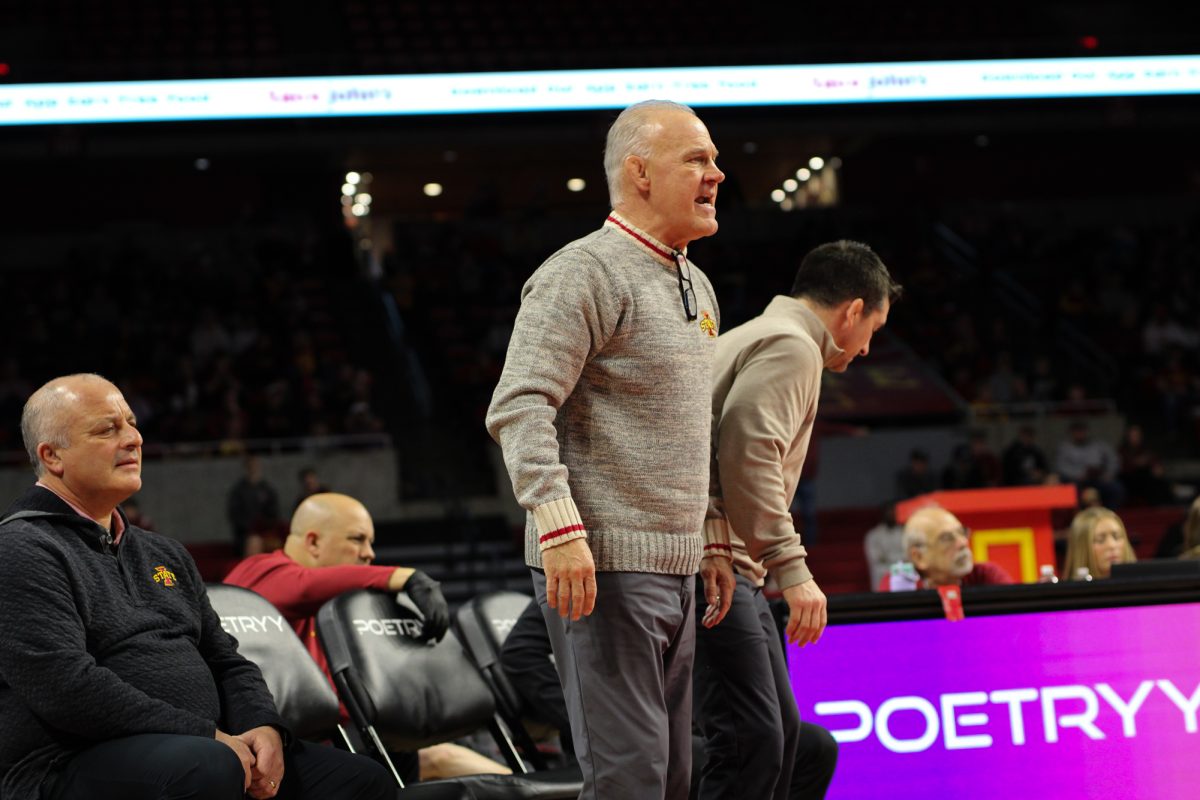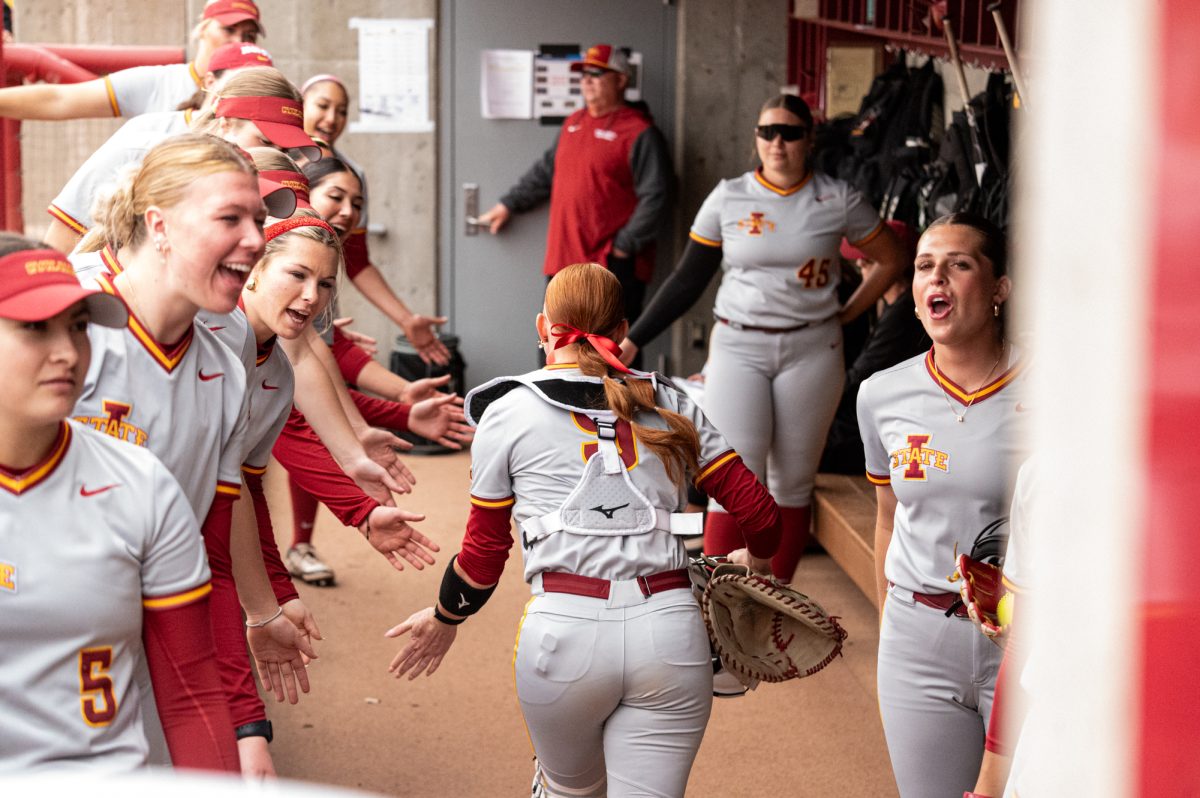Committee negotiates tuition freeze, university funding
April 22, 2014
A tuition freeze for in-state students is still in the works for the 2014-15 school year as conference committees from both chambers of the Iowa Legislature plan to negotiate on their differences over funding.
House Republicans have asked for a reduced spending increase of two percent for the University of Iowa while maintaining a four percent increase for the other two Regent universities. They say that larger reserves held by the University of Iowa can make up for the reduced increase.
“We are not quite sure what the disagreements are. I would guess [the funding for Iowa] is one of them,” said Rep. Jake Highfill, R-Johnston.
Highfill said the House has not cut any funding, but is following the original agreement of having a reduced increase.
“We are just going to spend as much as we take in,” he said.
He also said negotiations in the coming weeks would help support the tuition freeze.
The Board of Regents had asked for a $44 million increase to be included in the $652 million funding request for Iowa State University for the tuition freeze last year. This would be the first tuition freeze for three years in a row since 1975, if the bill successfully goes through this year.
“I got my Democratic senators to agree all the way back last September to support the tuition freeze and we have been good to our word,” said Sen. Herman Quirmbach, D-Ames, chairman of the Education Committee. “As far as ISU students are concerned, we are doing our best to hold down the cost of higher education, which makes it possible for more kids to go to college and graduate with less debt.”
The bill also funds a number of other programs such as vocational education, state libraries, state public broadcasting, the National Guard education program and the Iowa Reading Research Center.
“It has been ironic for the last couple of years if you look at the education budget proposals,” Quirmbach said. “The Senate Democrats have been closer to Gov. Branstad, the Republican governor, than the House Republicans.”
Quirmbach said he did not favor having different funding amounts for the three universities.
“We have some friendly rivalries on the playing field and in the sports stadiums,” he said. “But when it comes to advocating for higher education in the state, I have always been strong of the opinion that all three universities have to stick together and support higher education.”
Quirmbach said negotiations get tough toward the end of the session, but he is hopeful about getting the legislation passed.






